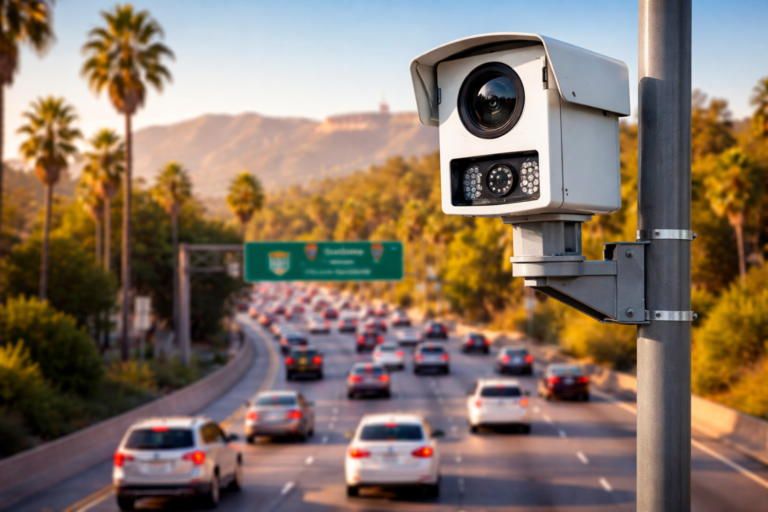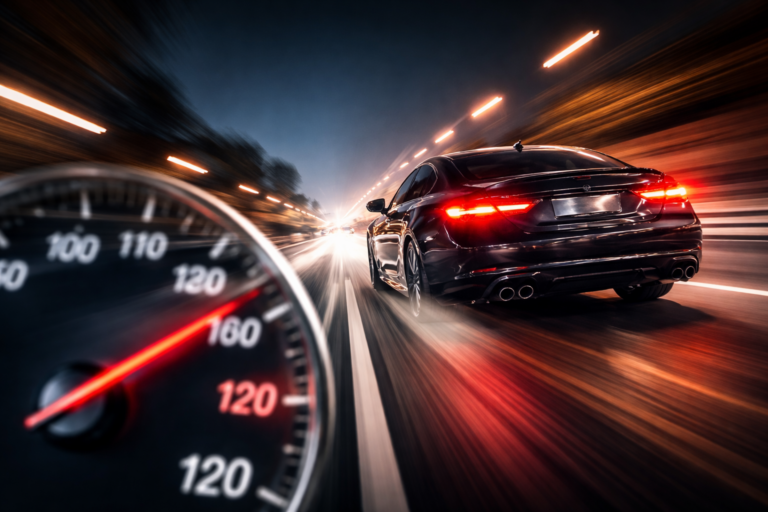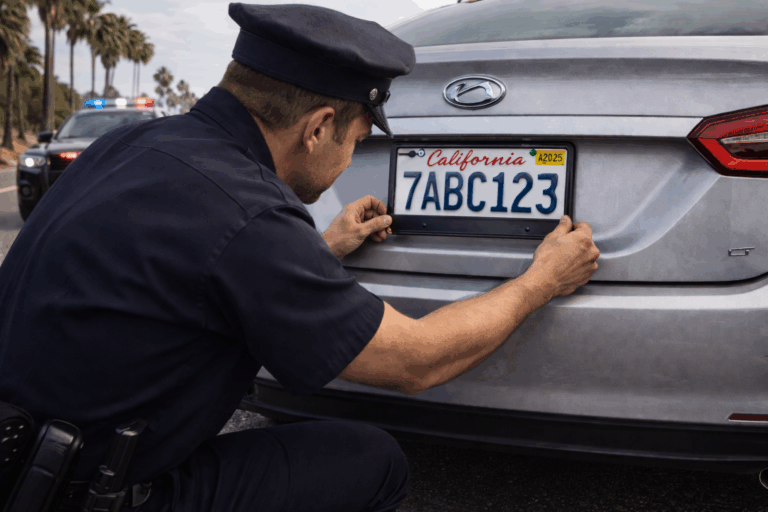People who habitually drive under the influence of alcohol put themselves and others at risk of injury or death, which is why California requires an ignition interlock device for repeat offenders. If you’ve been ordered by a judge to install one of these devices on your car, you might have your share of questions. No matter if you’re wondering “what happens if I fail my interlock” or anything else about how the program works, here’s a brief FAQ.
Who Must Install an Interlock?
Starting in 2019, California requires the installation of an interlock device for all drivers convicted of multiple DUI offenses or any incident resulting in injury, but more people could fall into this program. A judge has the discretion to impose this restriction on you for a first offense for a few different reasons:
- Your blood alcohol content was higher than .015%
- You refused to submit to breath or blood test
- You’ve been driving on a suspended license due to DUI convictions
How Long Do You Have To Have an Interlock Device?
For a first offense, the normal amount of time imposed by a judge is 6 months, but the DMV can impose 4 months without a judge’s order if you’re found liable but not convicted. Repeat offenders get longer sentences based on the number of violations:
- 1 year for a second DUI conviction
- 2 years after your third conviction
- 3 years for each additional conviction
Incidents resulting in injury add extra time to the sentence with first-time offenders getting 1 year and adding an additional year for each subsequent conviction up to 3 years.
How Much Does the Program Cost?
If you’re ordered to install an ignition interlock in your car, there are some costs you’ll have to bear. The initial installation can cost up to $150, but you’ll also need to pay between $60 to $80 each month for monitoring and calibration. For those who are unable to afford these expenses, the program can defer some of the financial responsibilities.
Who Installs Interlocks?
To comply with the program, you’re required to go to a court-approved installation company. Once you’ve been ordered to install one of these devices, your speeding ticket lawyer can help you find an authorized installer.
What Happens if I Fail My Interlock?
When you want to drive, you’ll first have to blow into the interlock device to prove you don’t have any alcohol in your system. Once you’re out on the road, rolling retests will ensure you aren’t drinking behind the wheel. You’re required to bring the device to the installer every 60 days for calibration, and any failures will be reported to the DMV. If you log too many failed tests, you run the risk of a suspended license.
Can I Drive Without an Interlock in Another State?
While you’re free to cross state lines in your interlock-equipped vehicle, you’re still under the umbrella of the program. If you’re pulled over for driving a different car in another state, you will be penalized.
Are False Positives Possible?
Ignition interlocks are sophisticated devices that generally won’t register false positives from non-alcoholic substances. You could fail a test if you’ve recently used an alcoholic mouthwash or consumed food with alcohol, but an immediate retest will usually come out clean if you swish with water.
Be a Better Driver
It’s important to know the ignition interlock program is designed to let you drive when you would otherwise have a suspended license, which is why you should treat it as an opportunity. Loss of driving privileges can be disruptive to your life and livelihood, so don’t hesitate to get help from a personal or CDL traffic ticket attorney if you’ve been charged with a moving violation.



